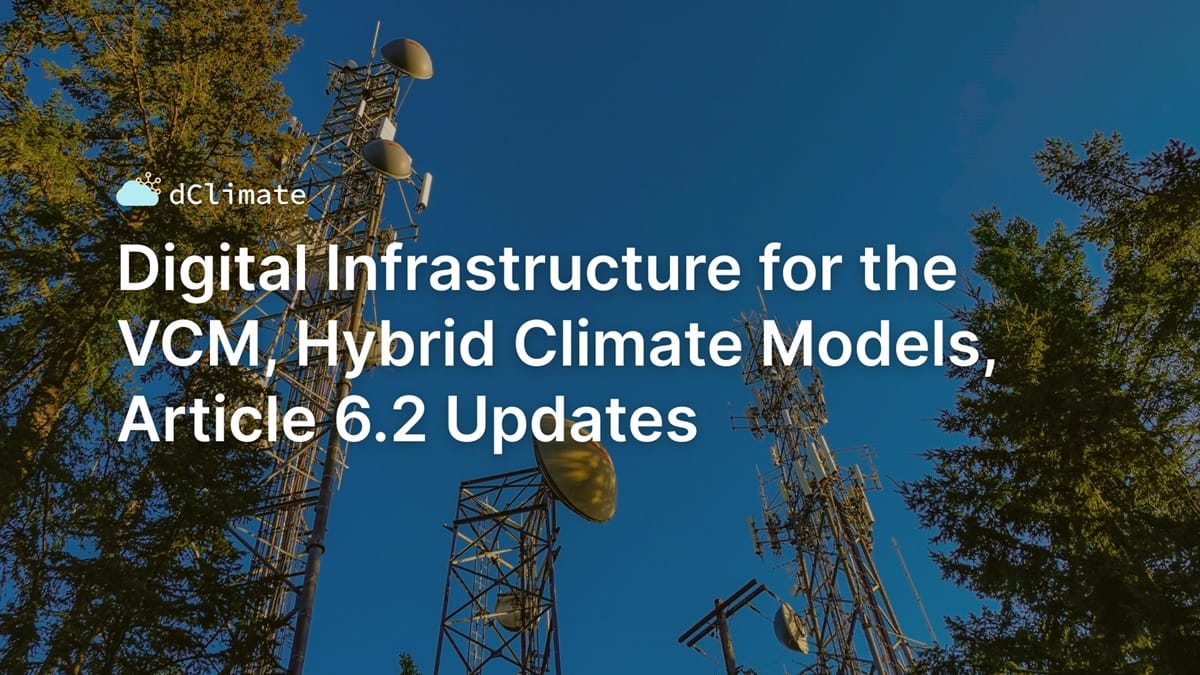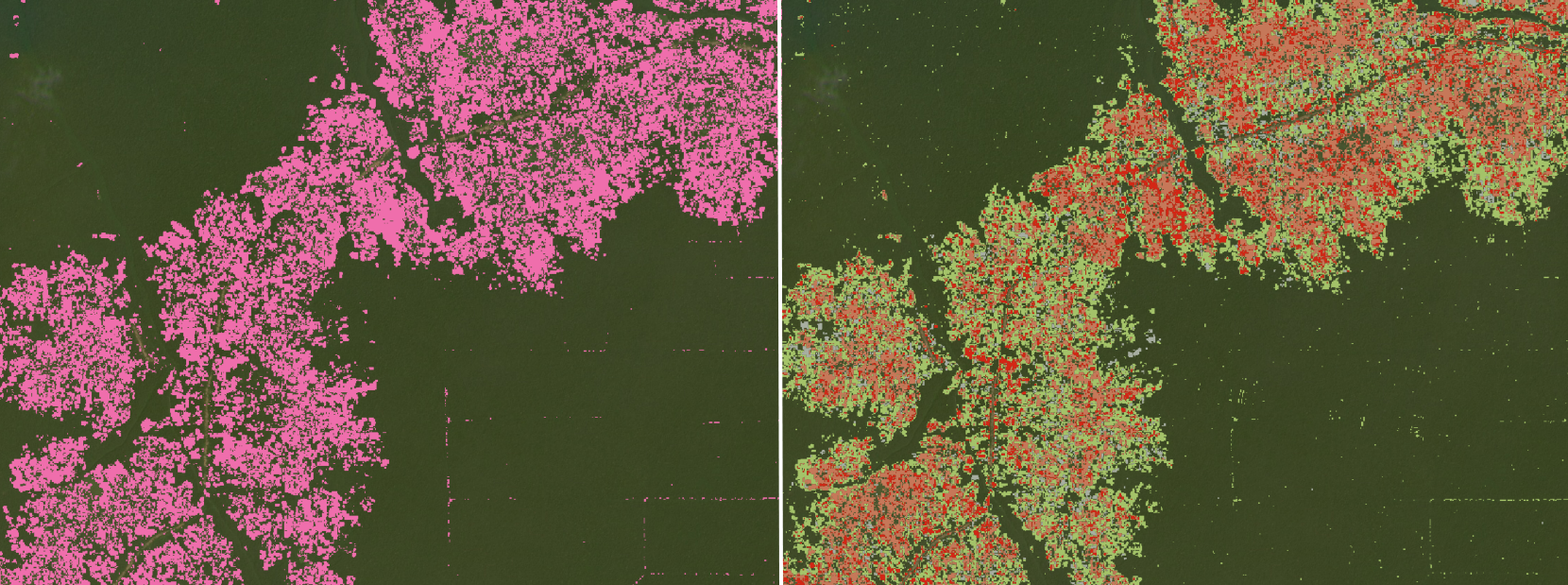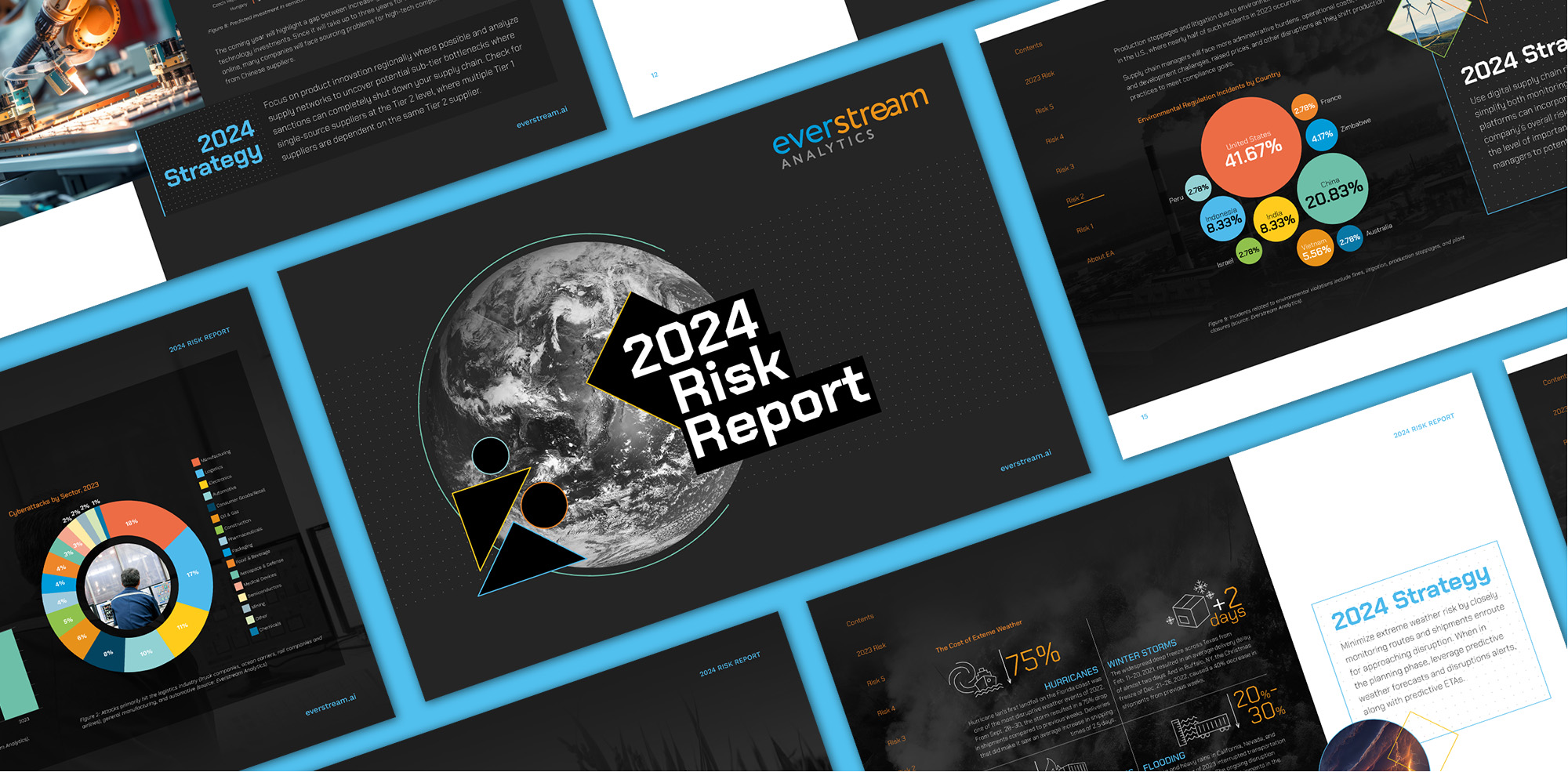Data ReFined #23: Digital Infrastructure for the VCM, Hybrid Climate Models, and Article 6.2 Updates

The Newsletter about Climate Data, Regenerative Finance, and Climate Risk ⛅
Happy New Year from dClimate! As we embark on a new year, we're excited to bring you the latest insights into a range of topics, from carbon financing and digital MRV solutions to new climate datasets and risk models.
In this first edition of the year, we delve into hybrid climate models, Article 6.2 developments, and parametric climate insurance. 👇
Industry News

Comparison of Forest Datasets
The article below explores the distinctions between the University of Maryland's (UMD) dataset and the Tropical Moist Forest (TMF) dataset, both of which track forest changes. Understanding these differences is key to enhancing digital MRV solutions, as each dataset offers unique perspectives and methodologies in assessing forest dynamics.

Hybrid Climate Models
Generative AI platforms have gained mainstream attention over the past year, and this trend is now influencing data-driven climate models. These advanced models incorporate machine learning and generative AI tools alongside traditional physics and chemistry methods to enhance weather forecasting.
The shift towards these hybrid-based models represents a significant development in climate technology. Check out the article linked below for more detailed insights into this evolution.


Digital Infrastructure for the VCM
In an article authored by dClimate's co-founder Sid Jha for Forbes, he discusses how emerging technologies and digital MRV solutions can transform the voluntary carbon market (VCM). Sid highlights the role these digital technologies play in channeling billions of dollars towards climate finance and verifiable conservation of critical Basins.

Country-to-Country Carbon Financing
Article 6.2 of the Paris Agreement allows nations to trade emissions reductions and removals. This collaboration mechanism has seen slow but steady growth, with around 70 bilateral deals signed worldwide, according to S&P Global. As technical and jurisdictional challenges are being resolved, there's a noticeable increase in activity, exemplified by the recently completed bilateral agreement between Switzerland and Thailand.

Digital Carbon Marketplaces
The CEO and co-founder of Senken, a novel digital carbon marketplace, was interviewed on the ReFi Podcast. The conversation covers a range of topics, including balancing corporate customers with Web3 technologies and the challenges and advancements of nature-based carbon credit futures.

Parametric Insurance for Climate Perils
Arbol's recent blog post discusses the climate-related damages experienced in 2023 and explores how parametric insurance can provide financial safeguards against such natural disasters.

EU Deforestation Regulation (EUDR)
The upcoming European regulations, aimed at ensuring deforestation-free products, are set to be implemented in late 2024, impacting several industries, including coffee. In anticipation of these regulations, known as the EUDR, coffee companies are reducing imports from African nations like Ethiopia. Read more about this development in this article from Reuters.
Extreme Weather and Logistics
According to a prediction by Everstream Analytics, a firm specializing in supply chain risk analysis, extreme weather events are expected to be the primary disruptor of logistics and supply chains in 2024. You can find the comprehensive supply risk report via the link below.

Thank You for Reading! 💙
We appreciate your interest and support! If you find this edition of our newsletter valuable, please share it with your network. It helps to reach this content to a broader audience and increase awareness of the topics discussed.
We love to hear from you!
Please reach us via one of the social channels below if you have suggestions, feedback, and comments.
Twitter | LinkedIn | Discord | Telegram | YouTube
Learn more about the decentralized and open climate data ecosystem we are building via the links below!
🌐 Visit our website
👉 Check out our products
💽 Explore 40+ TB of free climate data via our data marketplace and API







